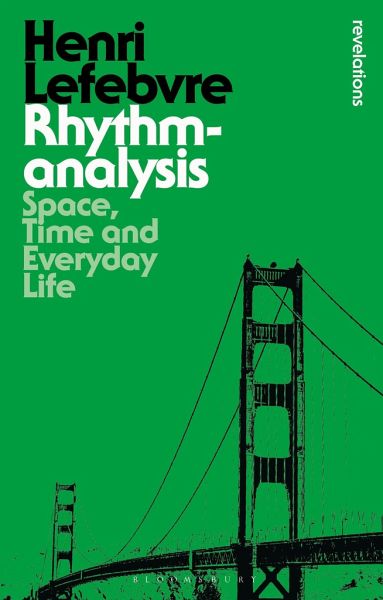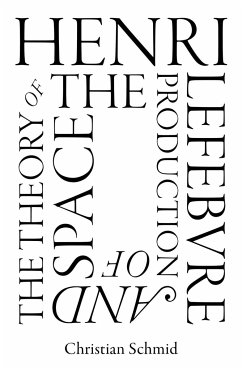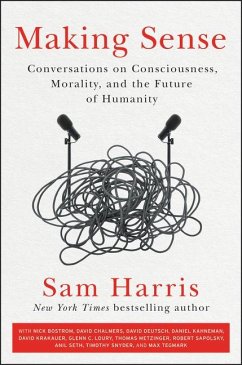
Rhythmanalysis
Space, Time and Everyday Life
Übersetzung: Elden, Stuart; Moore, Gerald
Versandkostenfrei!
Versandfertig in ca. 2 Wochen
22,99 €
inkl. MwSt.
Weitere Ausgaben:

PAYBACK Punkte
11 °P sammeln!
Rhythmanalysis displays all the characteristics which made Lefebvre one of the most important Marxist thinkers of the twentieth century. In the analysis of rhythms -- both biological and social -- Lefebvre shows the interrelation of space and time in the understanding of everyday life.With dazzling skills, Lefebvre moves between discussions of music, the commodity, measurement, the media and the city. In doing so he shows how a non-linear conception of time and history balanced his famous rethinking of the question of space. This volume also includes his earlier essays on "The Rhythmanalysis P...
Rhythmanalysis displays all the characteristics which made Lefebvre one of the most important Marxist thinkers of the twentieth century. In the analysis of rhythms -- both biological and social -- Lefebvre shows the interrelation of space and time in the understanding of everyday life.With dazzling skills, Lefebvre moves between discussions of music, the commodity, measurement, the media and the city. In doing so he shows how a non-linear conception of time and history balanced his famous rethinking of the question of space. This volume also includes his earlier essays on "The Rhythmanalysis Project" and "Attempt at the Rhythmanalysis of Mediterranean Towns."













